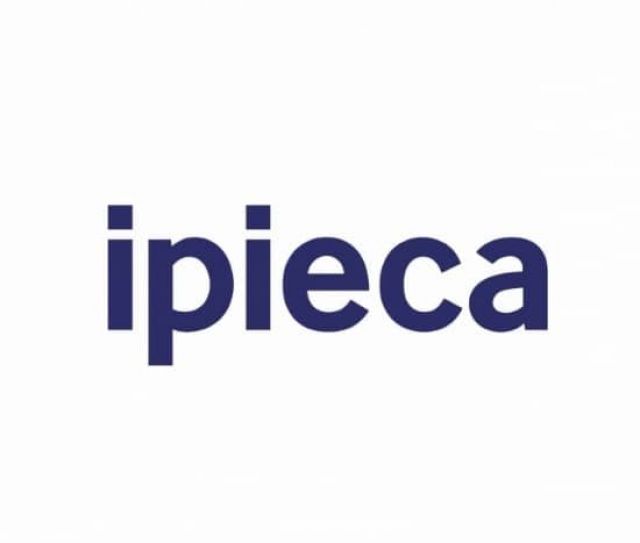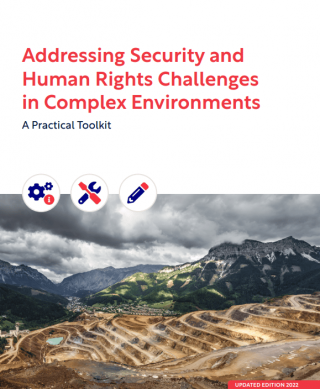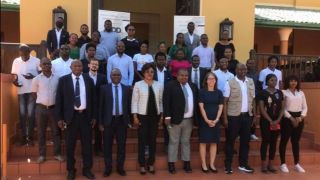Embedding Responsible Security Management in the Pre-investment Phase of Company Operations: A discussion with Ipieca member companies and expert practitioners

On 6 October, the DCAF-ICRC Partnership co-hosted a webinar with Ipieca to explore how responsible security management can be built into the initial phases of companies’ operations.
The webinar included speakers from civil society in Mozambique, a business and human rights risk assessment organisation, and a major Ipieca member company. The experts shared their insights on:
- Ensuring adequate civil society and community engagement in risk assessments, including through multistakeholder working groups.
- Working with host governments and using leverage to address human rights concerns related to security providers.
- Identifying pre-existing issues, such as historical inequalities, legacy issues from previous projects, and social tensions.
- Consulting with local authorities, other companies, NGOs, and local communities to ensure effective and continuous stakeholder engagement in the project.
The event also highlighted how the good practices and examples from the Security and Human Rights Toolkit can help companies in risk assessment and mitigation.
Key reflections from our speakers:
“Conflict does not have to be active in order to be actionable…Baseline tensions and legacy problems entrench around natural resource governance and can flare up and ignite when security providers react to communities.”
“In MoUs and other agreements, companies can use their leverage and advocate with the government to ensure services for the community, as well as to meet the needs of public security providers for training and equipment.”
“Effective consultation with communities should not be treated like an administrative hurdle but a real empowering step and opportunity to meaningfully engage with communities and prevent problems before they arise.”
“The Toolkit has a whole subsection on “navigating different stakeholders,” helping companies to internalize the divergent ways that different population subgroups can be affected by a project. The Toolkit recognizes that some affected people are beneficiaries while others don’t stand to benefit, often as a result of structural discrimination, which companies haven’t historically seen as their purview.
To support coordination and implementation of responsible security practices, DCAF-ICRC and Ipieca:
- Jointly develop tools and guidance;
- Share experiences and lessons learned to support peer learning; and
- Exchange and coordinate as Permanent Observers to the Voluntary Principles Initiative.




